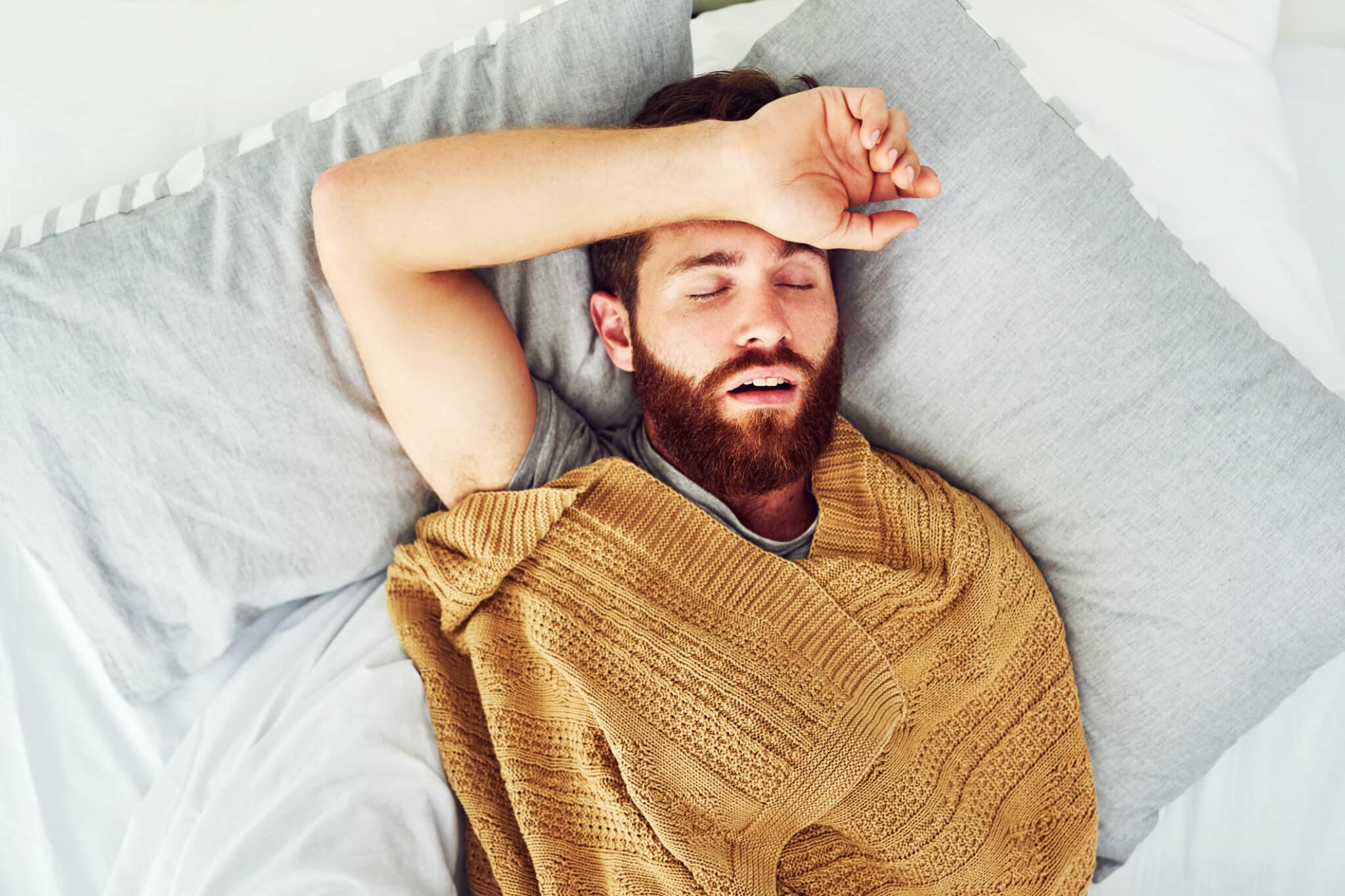You’ve probably never heard of uvulopalatopharyngoplasty (UPPP). However, if you have obstructive sleep apnea (OSA) or severe snoring, your doctor may recommend it as a treatment option.
Uvulopalatopharyngoplasty Basics

UPPP surgery helps to open up the upper airways by removing extra soft tissue in the throat, making it easier to breathe. This includes removing:
- Part or all of the uvula, which is the soft tissue that hangs down at the back of the mouth
- Parts of the soft palate and tissue at the sides of the throat
- Tonsils and adenoids
- In some cases, a portion of the tongue may be used as well
It’s often used in cases of mild OSA or in conjunction with other procedures to treat moderate OSA. Research has shown that it is an effective surgical method both in the short and long term for adults with OSA. However, efficacy may decrease slightly over time.
What To Expect Before and After the Procedure
If your doctor decides that UPPP is right for you, they will schedule you for surgery and perform any needed tests beforehand. They may ask you to stop taking certain medications, like blood thinners, a few days prior to surgery.
The operation is performed in a hospital under general anesthesia. You will likely have to stay overnight to make sure that you can swallow safely after the procedure.
Recovery
Recovery can take up to 2-3 weeks. Your throat will likely feel very sore during that time. Your doctor will give you liquid medication to help ease the pain. It’s recommended that you only eat soft foods and liquids for two weeks after surgery, so make sure to stock up at New York Supermarket or another local Albany grocery store before your procedure.
Other recommendations may include:
- Rinsing your mouth with salt water for the first week to 10 days after your procedure
- Avoid heavy lifting or straining for two weeks
- Wait 24 hours before engaging in light activity
Seek Treatment for Sleep Apnea
UPPP is just one treatment for obstructive sleep apnea, and it’s not the answer for everyone. However, if you have symptoms including chronic, loud snoring, pauses in breathing during sleep, daytime drowsiness and morning headaches, schedule an appointment with a sleep specialist.
OSA can interfere with sleep quality and left untreated can increase your risk for other health conditions. To schedule an appointment and find the right treatment for you, call the specialists at Albany ENT & Allergy Services today.
[related-posts]